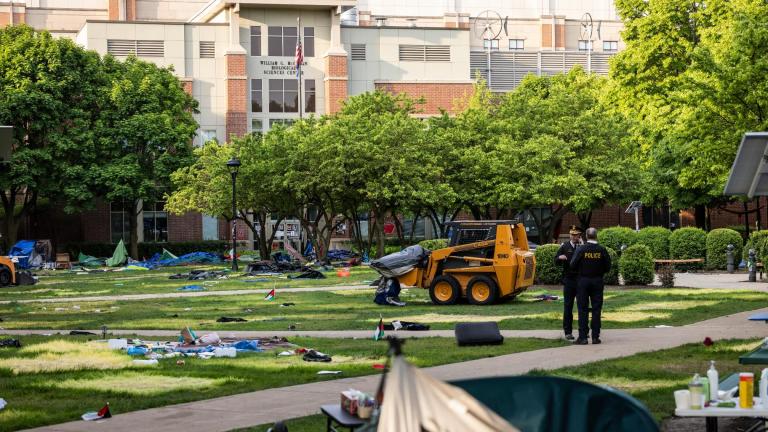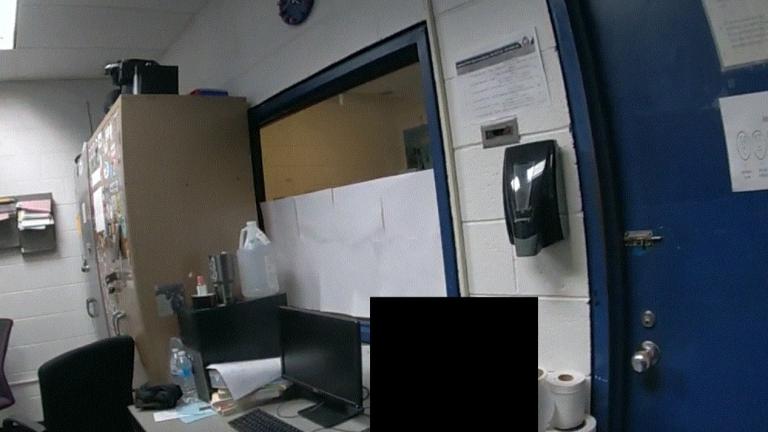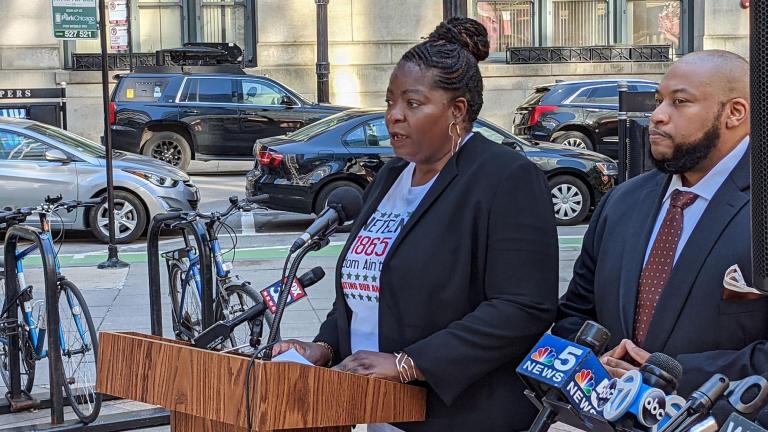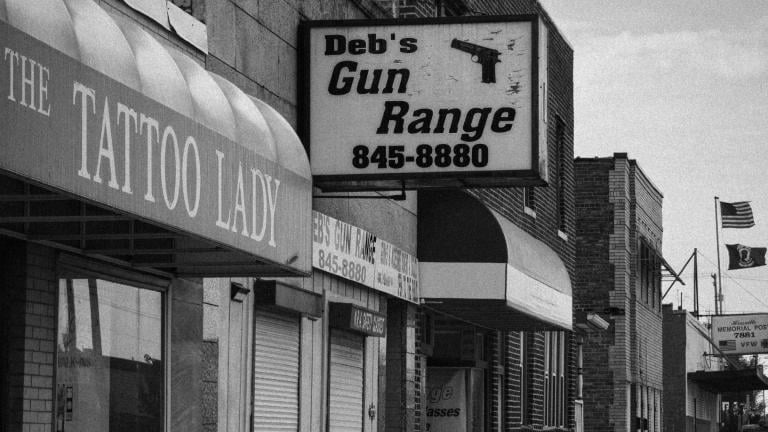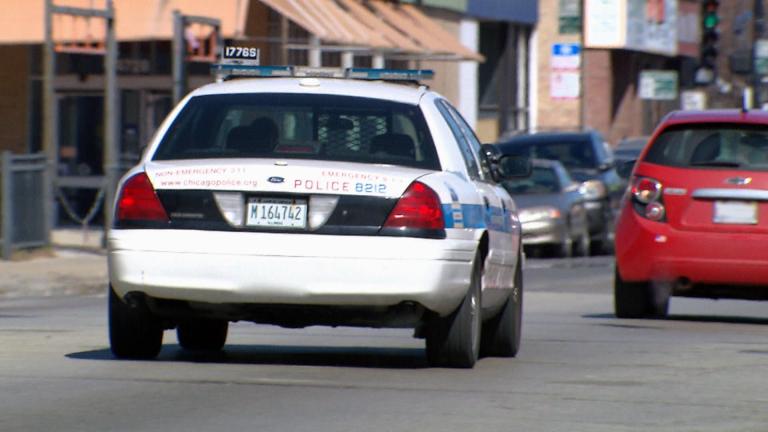Community leaders are looking for a transformational figure to lead the Chicago Police Department.
They believe they may have found three.
The three finalists for the city’s top cop were selected from a total of 54 applicants by the Community Commission for Public Safety and Accountability (CCPSA) after unprecedented community and police input.
The choice now rests with new Mayor Brandon Johnson to make what will likely be the most consequential hiring decision of his administration.
As a candidate for mayor, Johnson expressed a clear preference for a CPD veteran to be installed as the next superintendent. But according to Anthony Driver, president of the CCPSA, the new mayor’s preference for a department insider did not influence their search.
“We wanted to be sure that we found the best people and that’s what we focused on,” said Driver. “We did hear when then-candidate and now Mayor Johnson said that … but our focus was solely on finding the best person for the job.”
The finalists are 22-year CPD veteran Angel Novalez, now the head of the Police Department’s Office of Constitutional Policing and reform; 31-year veteran Larry Snelling, the chief of CPD’s counterterrorism bureau; and Shon Barnes, the police chief in Madison, Wisconsin.
Driver said that the process revealed that communities and police officers were often looking for the same thing.
“We all want to feel and be safe in our communities and we also want to be respected,” said Driver.
Remel Terry, a community leader and advocate from the West Side who serves on the commission, says they were looking for candidates “who had a history of demonstrating integrity” with the experience to understand the breadth of issues facing the city of Chicago.
“Part of what we were looking for in a leader was a visionary,” said Terry. (Someone) innovative who had extensive experience in things that we heard from everyone that were very important, compliance with the consent decree, being able to address workforce allocation issues and officer wellness, and also establishing and bringing trust in communities where it never existed.”
Terry says each of the three finalists “understood the importance of having community at the center of public safety” while also addressing the needs of officers to “allow for better outcomes and results in what we want to see in our communities when it comes to police involvement and engagement.”
She says the three finalists also demonstrated a commitment to compliance with the court-monitored consent decree designed to ensure constitutional policing, though they felt messaging on the consent decree was not always clear to patrol officers.
“We definitely saw a commitment to ensuring consent decree compliance,” said Terry.

